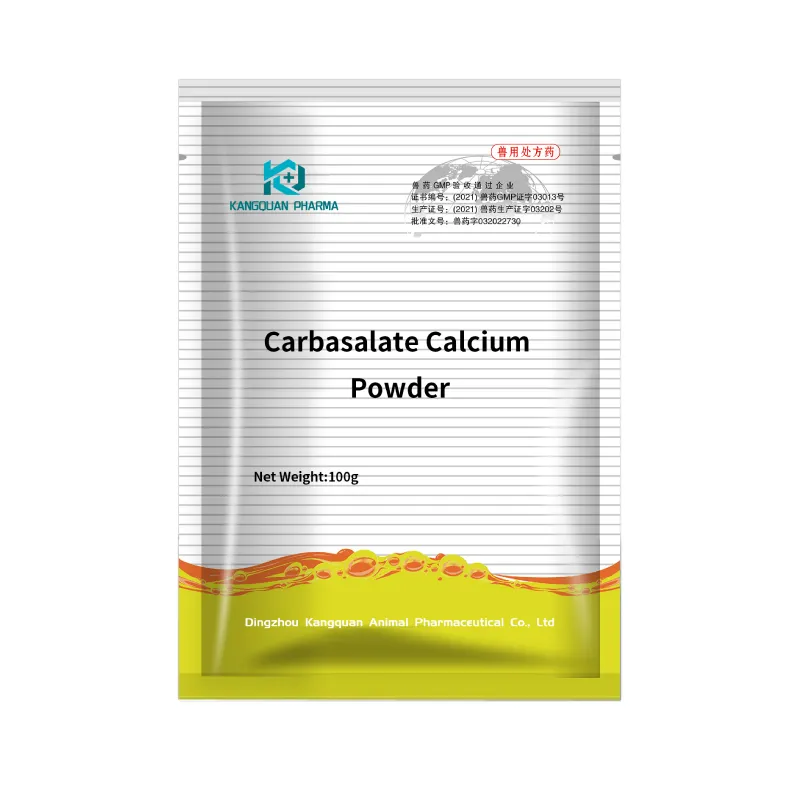- Afrikaans
- Albanian
- Amharic
- Arabic
- Armenian
- Azerbaijani
- Basque
- Belarusian
- Bengali
- Bosnian
- Bulgarian
- Catalan
- Cebuano
- Corsican
- Croatian
- Czech
- Danish
- Dutch
- English
- Esperanto
- Estonian
- Finnish
- French
- Frisian
- Galician
- Georgian
- German
- Greek
- Gujarati
- Haitian Creole
- hausa
- hawaiian
- Hebrew
- Hindi
- Miao
- Hungarian
- Icelandic
- igbo
- Indonesian
- irish
- Italian
- Japanese
- Javanese
- Kannada
- kazakh
- Khmer
- Rwandese
- Korean
- Kurdish
- Kyrgyz
- Lao
- Latin
- Latvian
- Lithuanian
- Luxembourgish
- Macedonian
- Malgashi
- Malay
- Malayalam
- Maltese
- Maori
- Marathi
- Mongolian
- Myanmar
- Nepali
- Norwegian
- Norwegian
- Occitan
- Pashto
- Persian
- Polish
- Portuguese
- Punjabi
- Romanian
- Russian
- Samoan
- Scottish Gaelic
- Serbian
- Sesotho
- Shona
- Sindhi
- Sinhala
- Slovak
- Slovenian
- Somali
- Spanish
- Sundanese
- Swahili
- Swedish
- Tagalog
- Tajik
- Tamil
- Tatar
- Telugu
- Thai
- Turkish
- Turkmen
- Ukrainian
- Urdu
- Uighur
- Uzbek
- Vietnamese
- Welsh
- Bantu
- Yiddish
- Yoruba
- Zulu
10 月 . 08, 2024 10:15 Back to list
Can Injectable Ivermectin Be Safely Administered Orally to Pigs?
Can You Give Injectable Ivermectin Orally to Pigs?
Ivermectin is a widely used antiparasitic medication that is effective against a variety of parasites in livestock, particularly in pigs. However, the administration route of ivermectin is essential to its effectiveness. Typically, ivermectin is available in several forms, including injectable, topical, and oral formulations. Each form has its specific indication, dosage, and method of administration, tailored for the needs of different species and conditions.
Pigs are commonly treated with injectable ivermectin when dealing with infections caused by internal and external parasites such as roundworms, lice, and mites. Injectable forms of ivermectin are designed to be absorbed directly into the bloodstream, providing a rapid response against parasites present in the animal’s system. This method ensures that the drug reaches effective concentrations in the blood quickly, which is critical for the health and welfare of the animals.
The question arises can injectable ivermectin be given orally to pigs? The answer is generally no; it is not advisable to give injectable formulations of ivermectin via the oral route. The primary reason for this is the formulation's design and intended pharmacokinetics. Injectable ivermectin is not formulated for gastrointestinal absorption. When administered orally, the drug may not be absorbed in adequate quantities, leading to subtherapeutic levels that fail to effectively combat the parasitic infections.
can you give injectable ivermectin orally to pigs

Furthermore, administering injectable drugs orally may also introduce the risk of adverse reactions. Injectables are concentrated formulations that may contain solvents or preservatives that are not intended for oral consumption. These substances could cause gastrointestinal irritation or toxicity when ingested, posing additional risks to the pigs.
If oral treatment is necessary, it is crucial to use a formulation specifically designed for oral administration. There are oral ivermectin options available that have been tested for safety and efficacy when given in this manner. These formulations ensure that the active ingredient is appropriately absorbed through the digestive system, providing the desired therapeutic effect without the risks associated with administering an injectable formula orally.
Additionally, veterinarians often base treatment regimens on thorough evaluations of the specific parasites present, the animal's health status, and the appropriateness of the drug formulation. Therefore, it is always best practice to consult a veterinarian before deciding on a treatment plan for pigs. They can provide guidance on the most effective methods for parasite control, including the appropriate formulation and route of administration.
In conclusion, while ivermectin is an effective treatment for various parasitic infections in pigs, the form of administration is crucial for achieving desired results. Injectable ivermectin should not be given orally due to absorption issues and potential risks associated with non-intended administration routes. Always seek veterinary advice to ensure the health and well-being of the animals, and to choose the correct formulation and delivery method for any medication. Proper management and treatment not only enhance animal welfare but also contribute to the overall productivity and profitability of livestock operations.
-
The Power of Radix Isatidis Extract for Your Health and Wellness
NewsOct.29,2024
-
Neomycin Sulfate Soluble Powder: A Versatile Solution for Pet Health
NewsOct.29,2024
-
Lincomycin Hydrochloride Soluble Powder – The Essential Solution
NewsOct.29,2024
-
Garamycin Gentamicin Sulfate for Effective Infection Control
NewsOct.29,2024
-
Doxycycline Hyclate Soluble Powder: Your Antibiotic Needs
NewsOct.29,2024
-
Tilmicosin Premix: The Ultimate Solution for Poultry Health
NewsOct.29,2024













